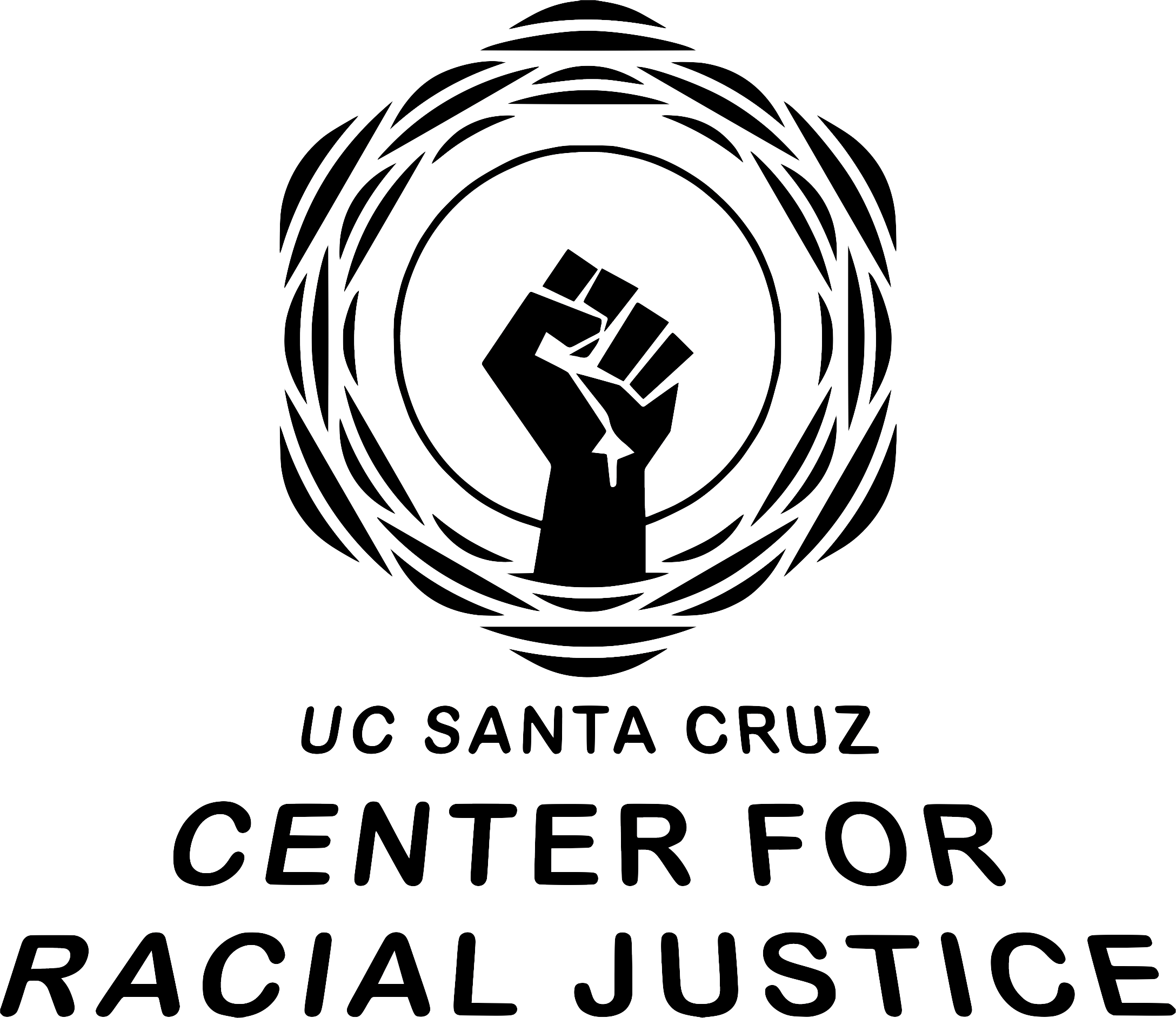REGISTER HERE: https://ucsc.zoom.us/webinar/register/WN_pQW7zWYyRDGZkmiXbgNE_A
In the three decades since Kim Hak-sun of South Korea first publicly identified herself as a former “comfort women” of the Japanese Imperial Army, a global movement for long overdue justice has emerged. Although Japan systematically destroyed vast troves of wartime records in the lead-up to surrender, academic research in the long wake of Kim’s revelation has offered a nuanced corroboration, based on substantial survivor testimony and extant historical documents, of the existence of a regionally far-reaching imperial system of military sexual slavery. This discussion focuses on not just the recent firestorm around Harvard legal professor J. Mark Ramseyer’s denialist “research” but also the remarkable transnational grassroots activism, including feminist scholarly and pedagogical initiatives, for reparative justice.
Sung Sohn is the co-founder and executive director of the Education for Social Justice Foundation. A former bilingual resource and classroom teacher, she authored “Comfort Women” History and Issues: Teacher Resource Guide (2018), and “Comfort Women” History and Issues: Student Resource Guide (2018).
Alexis Dudden is Professor of History at the University of Connecticut. Her books include Trouble Apologies (Columbia University Press, 2014), which interrogates the interplay between political apology and apologetic history among Japan, Korea, and the United States, and Japan’s Colonization of Korea (University of Hawai‘i, 2006).
Jinah Kim is Associate Professor of Communication Studies and faculty affiliate in Asian Studies at the California State University, Northridge. She is the author of Postcolonial Grief: The Afterlives of the Pacific Wars in the Americas (Duke University Press, 2019). She is a member of the Ending the Korean War Collective.
Kei Fischer is Chair of Ethnic Studies at Chabot College in Hayward, CA. She co-founded Eclipse Rising, a Bay Area-based community group dedicated to promoting the radical history of decolonization and transnational political engagement by Zainichi Koreans.
Co-sponsored by the Korea Policy Institute
